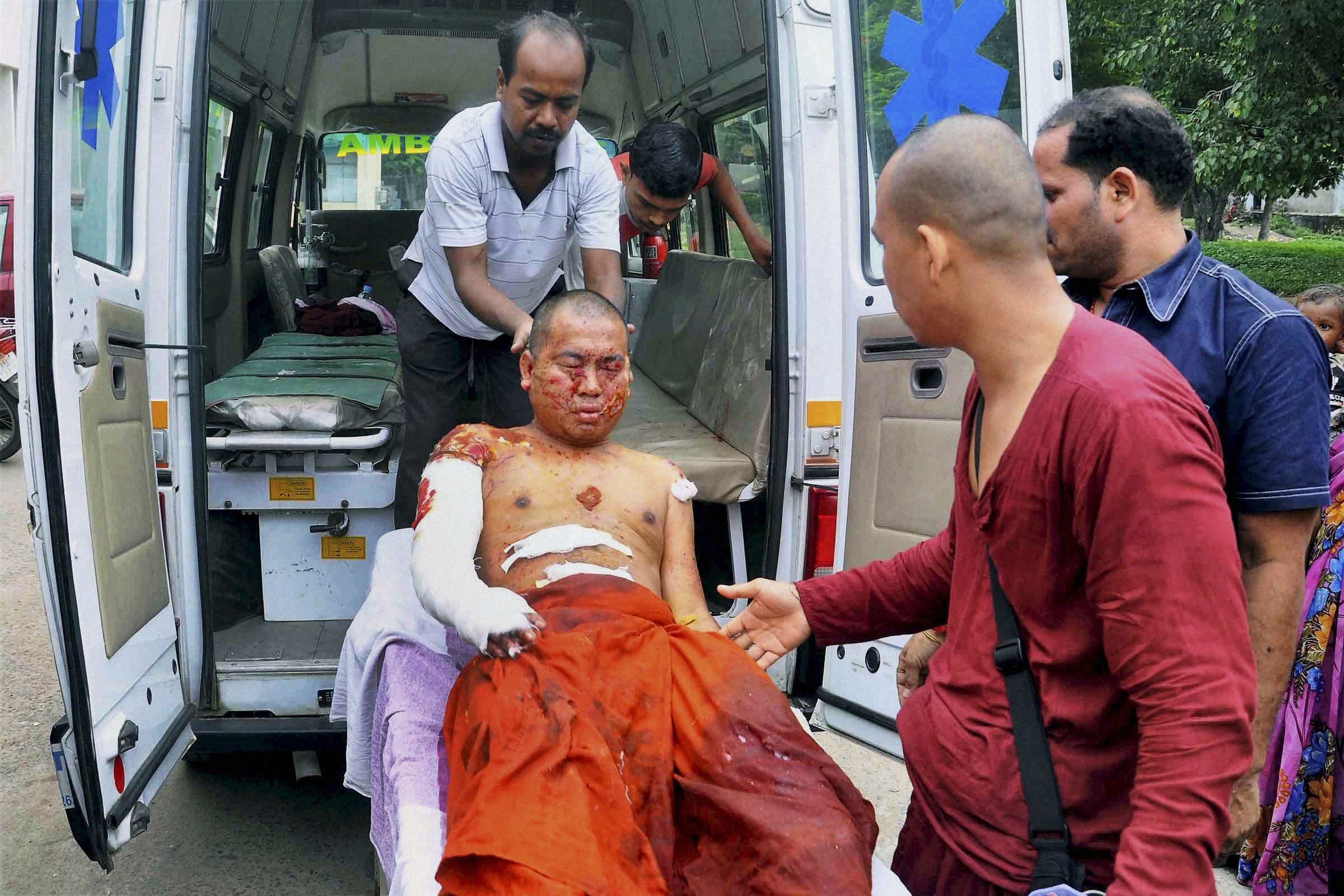
Among the many conversations that I have had with Umar Khalid, PhD scholar at Jawaharlal Nehru University (JNU), and the ‘dreaded anti-national’, the one that came to my mind soon after the news of his surrender was on his relationship with the members of Akhil Bharatiya Vidyarthi Parishad (ABVP) on campus.
“I was sticking posters when this ABVP guy came to me with a smile and told me how asli ladaayi (the real fight) is always between them and us [Democratic Students Union (DSU)]. He was telling me how there is no fun in fighting the other organisations,” he had said.
Umar, then a member of DSU , often recounted DSU’s frequent altercations with the ABVP, and even as he narrated his disagreements, there was always a sense of decorum. Khalid might have disliked the ABVP to his heart’s content but that never stopped him from talking to them.
So on 9 February, 2016, when Umar and nine other JNU students organised a cultural evening titled ‘A Country without a Post Office’, to condemn the ‘judicial killing of Afzal Guru’ and in support of Kashmir’s right to self determination, the most that the organisers expected was an internal inquiry. “We did expect a proctorial inquiry since we were sure that the ABVP would file a complaint against us but none ever thought that this would go beyond that,” one of the organisers told me later.
For a university campus like the JNU, proctorial inquiries weren’t a big deal since it could happen at the behest of a complaint registered by any student on campus. However, matters soon escalated and by 10 February, JNU was trending on Facebook.
When I woke up that day learning that some of the organisers and student activists had appeared on prime time TV, notably the TRP driven News Hour debate with Arnab Goswami, I had spoken to one of the organisers asking why they had committed this blunder.
“We thought someone should go and explain why we organised the event. Now we are not sure what will happen. Sedition is a possibility,” she said. I dismissed these doubts and told her how the Ministry of Human Resources and Development (MHRD) would not raise a hue and cry over what was clearly a students’ issue and the last thing that the ministry wanted was a repeat of University of Hyderabad (UOH) situation following the death of Rohith Vemula.
I was wrong and how. The nightmare began as I watched the news the next day. The home ministry and the MHRD declared their statements, without a second thought on proof or a probe, and the scale of violence their statements generated was unprecedented.
It was a battle between David and Goliath, one that would surely result in the loss of David. In horror, I watched the ticker on Times Now triumphantly declare the arrest of Kanhaiya Kumar, possibly the smartest Jawaharlal Nehru University Students Union (JNUSU) president I have ever seen.
I met Kanhaiya in the run-up to the 2014 JNUSU elections. A PhD scholar at the School of International Studies, he was handing slips for his election campaign at the Sabarmati dhaba, the same venue of the cultural evening. An All India Students’ Federation (AISF) activist, Kanhaiya was explaining to me why the organisation had only fielded one candidate for the union elections.
“We were hoping for an alliance with Students Federation of India (SFI) but that did not work out in the end because they wanted the post of the president.”
Little did Kanhaiya or SFI know how odds would swing in his favour after he delivered a historic speech during the presidential elections. Within minutes, the speech, thanks to his oratorical skills, became viral. When the results were declared, Kanhaiya had pulled off a ‘Lenin’ — a former JNUSU president who also won thanks to his speech.
Incidentally Lenin was branded a ‘semi-literate’ on national television. I caught up with Lenin soon after the protests against the arrest of Kanhaiya had begun. I wanted to know his thoughts on the News Hour debate and how it had swung public opinion against him.




